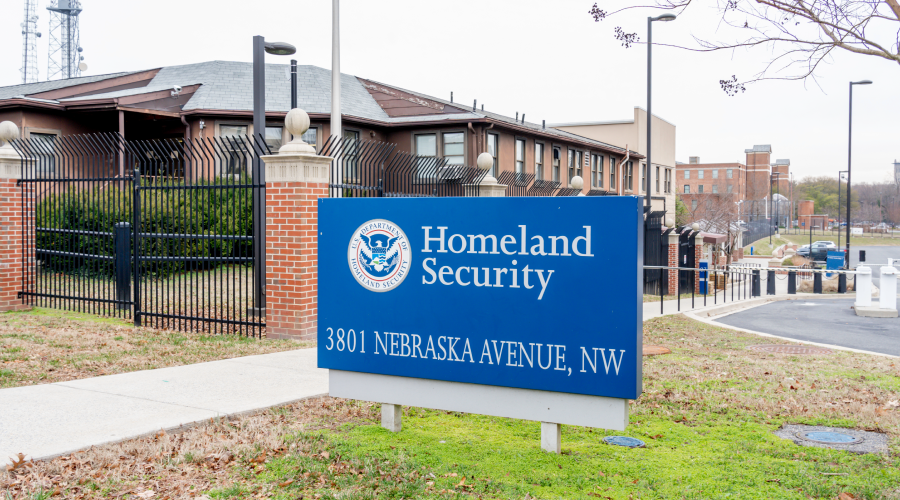
DOE Program Provides Boost for 25 School Districts
Energy CLASS program awards $100,000 and training to help with energy management. June 20, 2023
By Dave Lubach, Executive Editor
K-12 school districts were graded on the condition of their facilities in 2021, and the results were less than flattering.
“The 2021 infrastructure report card graded U.S. school facilities to be in D plus condition,” says Sarah Zaleski, program manager of the schools and nonprofits program at the Department of Energy (DOE).
Federal funding for school districts is rare, but the Bipartisan Infrastructure Law (BIL) changed that, directing $500 million in grant money as part of a $370 billion commitment for energy-saving projects and to fight climate change.
Despite the influx of BIL money, state and local governments aren’t always in position to fund school districts at levels to keep their buildings running at peak efficiency, so any extra money that’s added to the coffers to help with costly upgrades for systems such as HVAC and lighting is welcomed.
As part of the grant program, the DOE sponsored a contest promoting energy management in school districts with the Energy Champions Leading the Advancement of Sustainable Schools Prize (Energy CLASS Prize).
The program is a two-phase, $4.5 million competitive award designed to help K-12 districts make clean energy and health improvements by helping to establish training and supporting energy managers in their districts.
The DOE awarded 25 local districts $100,000 through the National Renewable Energy Laboratory and gave them access to the DOE’s Energy CLASS Prize training network that gives the districts an opportunity to learn from each other and from other experts in the field of energy management.
“We looked at need and community needs,” Zaleski says about how the program decided on the 25 districts, a general mix of urban and rural school districts. “Then we also looked at the facility needs and the fiscal needs of the buildings they wanted to work on. We wanted to make this funding as accessible as possible because federal funding isn’t always there. It can be a challenge to apply for, and we’re very aware of that.”
The second phase of the program involves training and coaching the energy managers, also called Champions within the program, on how to pursue upgrades for improving air quality, enhance learning environments and reduce energy costs. When the second phase is complete, the top performing school districts could earn an extra $50,000.
Energy manager training is conducted with the aid of organizations such as the New Buildings Institute, and ICF International through a series of virtual courses including training on topics such as finding funding and stakeholder engagement.
The 2023 program is now closed, but another cohort is in the works for 2024.
In the future, the site could also serve as a resource for managers to share information and learn from peers about the best ways to achieve energy savings.
“We have districts like Detroit and Baltimore, and about a third of the (Energy CLASS participants) are in rural districts and more in smaller districts,” Zaleski says. “We’re hopeful, with different models that other school districts that might not be part of this cohort, could find identifiable districts that are like, if it worked there, maybe it could work where I am.”
Dave Lubach is executive editor for the facility market. He has eight years of experience covering facilities management and maintenance.
Next
Read next on FacilitiesNet












